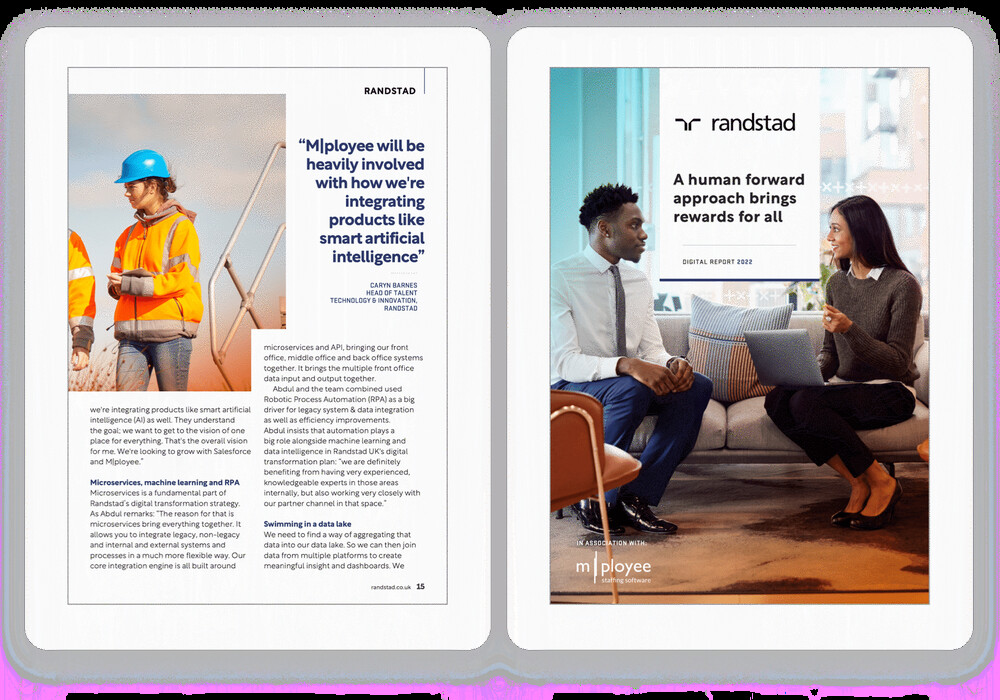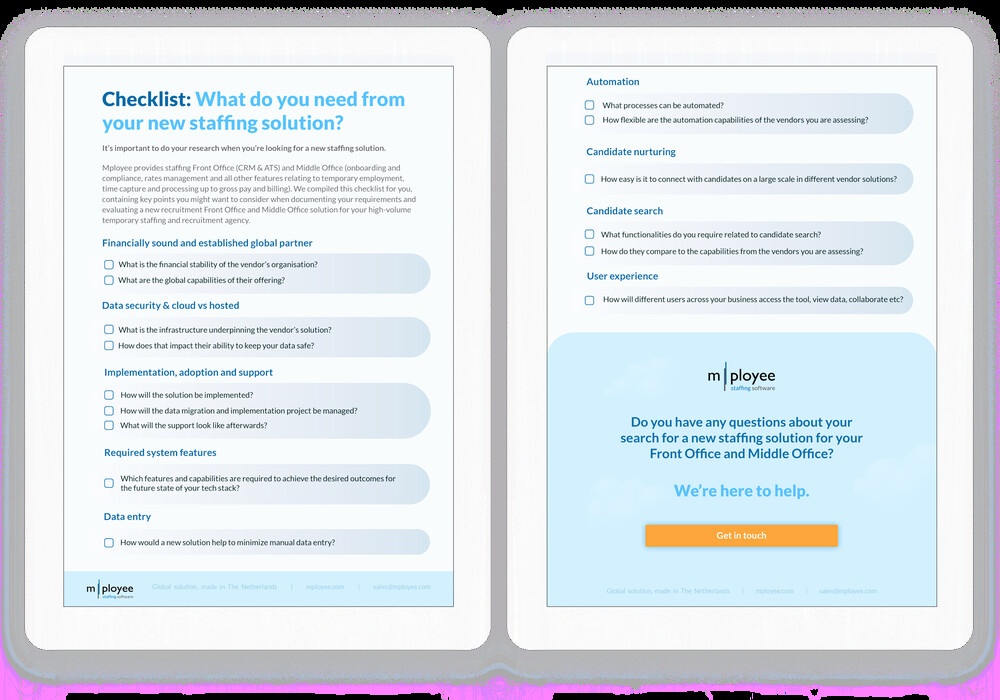In my last post, I talked about contingent worker upskilling and whether or not it is needed (if you missed it, the answer is yes, it absolutely is) and it seems as if I’m not the only one with this opinion. In fact, I came across this interesting read from Talint International which highlighted the growing trend in skills development, which is seemingly being led by recession fears.

Facing uncertainty
As business leaders, we plan for uncertainty and downturns. Recruitment agencies will have prepared for a possible recession as soon as the news started to grow around this topic. For any plans in these uncertain times, flexibility is key. If it’s unclear how demand for cleaning staff will grow or contract over the coming months, recruiters in this specialism will understandably look at where alternative revenue can be generated.
For contingent workers, the same uncertainty strikes up the same thoughts and I think this can often be forgotten. However, the difference for these professionals is that the ability to flex isn’t as easy to achieve as it is for businesses. That’s perhaps why the contingent working skills development topic is so predominant right now.
Any individual who is facing a potential loss of income due to demand for their services dropping will need to find alternative sources of pay and that won’t always be in the same remit or sector as they are in now. After all, the decline in demand is what’s causing the need for a rethink.
Evolving demand
It’s not just the general uncertainty in the market that’s driving this trend, though. If we take a look at how technology, AI and automation are impacting every sector, it’s clear why people across a range of professions are considering what new skills they can and should develop.
Tech is changing every role. In the logistics field, robots are replacing people. Just take Amazon’s delivery robots, for example. They are taking on the job of many contingent workers which, while great for the efficiencies across the business, isn’t good news for those who could lose out on work as a result. But those robots will need maintaining and repairing. And that’s where there’s a potential opportunity for contingent workers to develop new skills.
The tech example isn’t the only one, of course, and we are likely to see individuals reskilling or looking to retrain and move into new professions as demand for certain positions changes. But the takeaway is the same; reskilling is only going to become more topical for recruiters specialising in contingent worker recruitment across blue- and white-collar roles.
A desire for difference
We also can’t overlook that the last few years have given people the chance to step back and rethink their profession and what they want to do. In the first year of the pandemic, people moved into different roles out of necessity. As the travel industry shut down, those out of work moved into new remits, from postal work to retail. The same happened across hospitality.
You might be wondering why I’m bringing this all back up again, but there is a reason I promise!
Covid changed mindsets around the feasibility and general acceptance of moving into new and different jobs. People recognised that they can shift into a new sector or profession with relative ease. And with contingent resources being increasingly relied on both during and post-Covid, the opportunities are rife.
With this new mindset comes a new found passion for something different. Macro-economic events are giving people an incentive to rethink what they do and where they do it. That includes geographical changes. I’d argue that workers are now more receptive to moving across the globe where they can for work – and who wouldn’t having spent an extended period unable to travel either at all or without restrictions.
A flexible approach
We may be facing continued uncertainty but if I were a betting man, I’d put money on the contingent workforce reskilling / retraining issue remaining top of the agenda for some time to come. In fact, in order to explore this topic further we’ve launched a new podcast where I will be getting the insight from recruitment leaders on this and other pressing issues in the world of contingent worker recruitment.
Stay tuned for more details!



